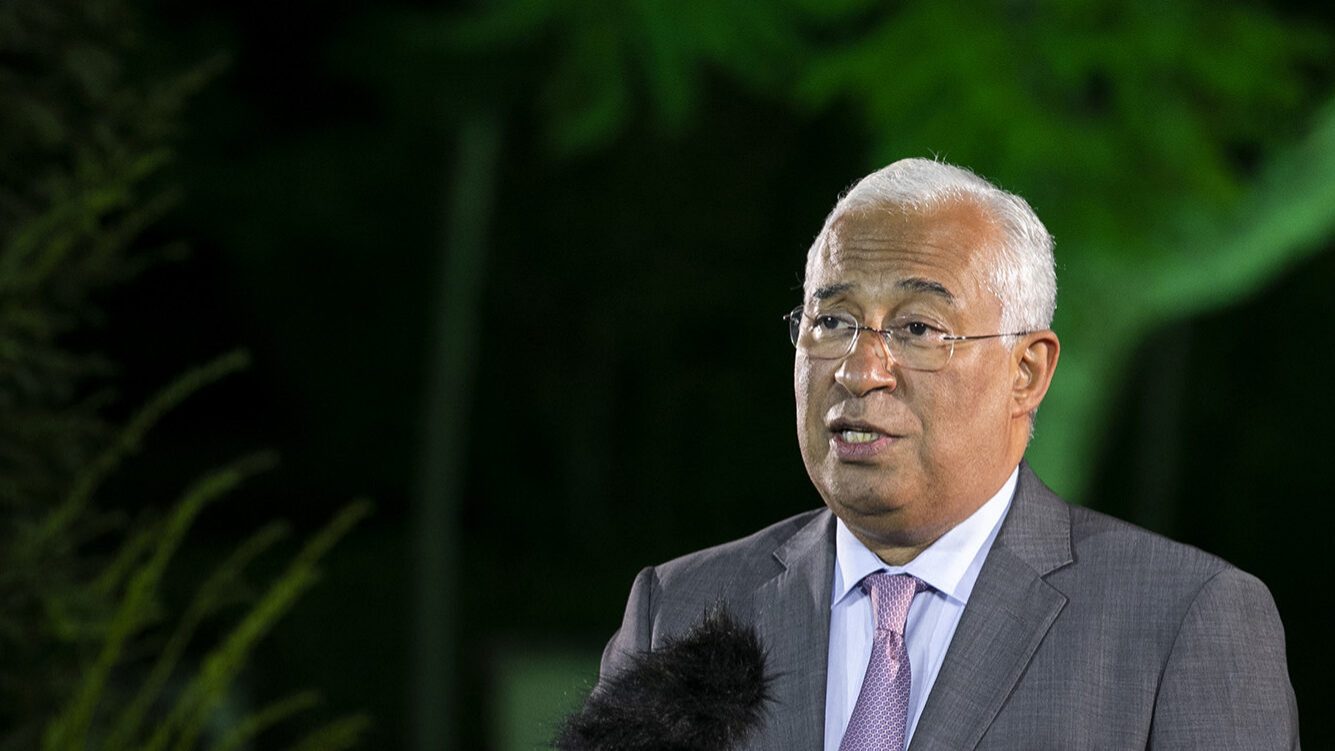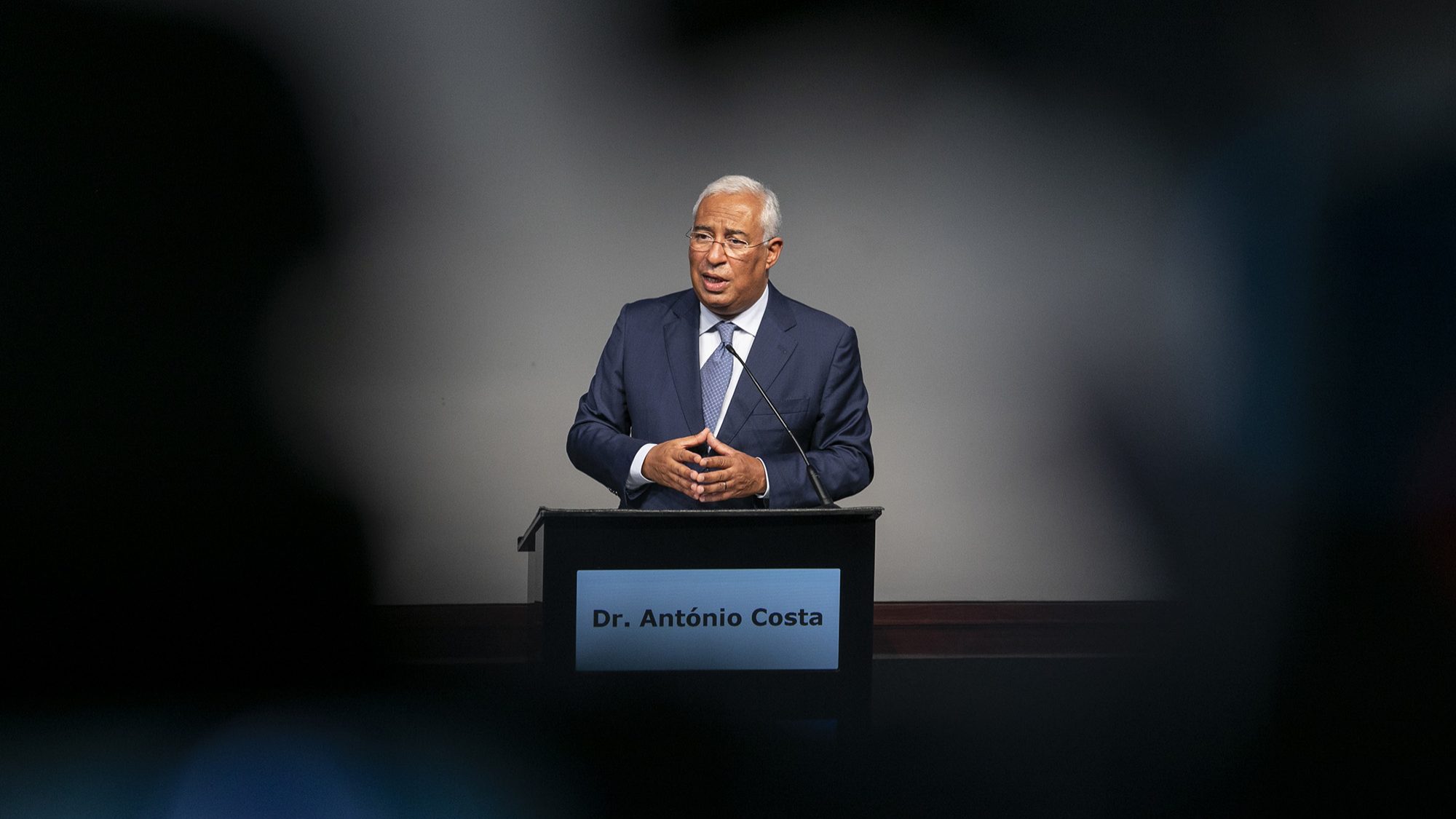“Barriers to movement in/out of EU must be avoided” – PM
António Costa said on Wednesday that the creation of "new barriers to internal or external movement" for the EU must be "avoided at all costs."
Portugal’s prime minister, António Costa, argued on Wednesday that the creation of “new barriers to internal or external movement” for the European Union (EU) must be “avoided at all costs” in the context of the Covid-19 pandemic.
“We must at all costs avoid having to create new barriers to internal or external movement,” António Costa stressed during a speech at the plenary session of the European Economic and Social Committee (EESC), where he presented the priorities of the Portuguese presidency of the Council of the European Union.
To this end, he said that “the success of the vaccination process” was “the first condition” for recovery from the pandemic and for a “safe return to normal everyday life.”
Listing “the social and economic consequences” of the Covid-19 pandemic which, “in less than a year, had caused “almost half a million deaths and more than one and a half million” unemployed, Costa described it as “the greatest challenge to the collective life of the EU.”
“However, this crisis has also proved the added value that our European Union represents,” he said.
In this context, he said that “the start of the vaccination process, on the one hand, and the approval of the Multiannual Financial Framework and the EU’s New Generation Programme, on the other, opened the door to hope.”
“In a pandemic crisis marked by the need for physical distancing, the Union has shown itself to be united, to come closer, to renew itself and to give a new meaning to the word community,” he said.
He said that Portugal was taking over the presidency of the Council of the EU “at a decisive moment to set in motion, to implement, to put into practice the historic decisions that the EU adopted in 2020.”
“This is why we have chosen as our motto ‘Time to act: for a fair, green and digital recovery,” he stressed.
The European Economic and Social Committee is an advisory body composed of representatives of workers’ and employers’ organisations and other interest groups, and issues opinions on European issues to the European Commission, the European Parliament and the Council of the European Union, currently under Portuguese presidency until the end of June.


